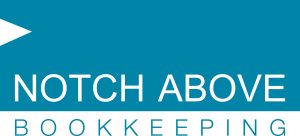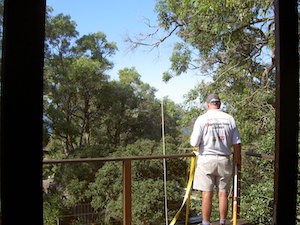How The Tough Get Going
It’s a challenging time to be leading an organisation… but some leaders have stepped up admirably and are running thriving enterprises.
How are the leaders in your business doing? Perhaps they are thriving in these business conditions or maybe a different approach is required.
In this article, we look at some leadership skills which are proving to be really valuable as businesses find a path forward this year and beyond.
It’s lonely at the top
In ANY environment, being a business leader can be exhausting, lonely, and stressful. Many leaders will not succeed or meet the expectations of the board, shareholders, customers, or employees. And leadership is one of those roles which you ‘learn by doing’; no business school can fully prepare a leader, especially since each business is different.
When successful leaders are asked to explain their success, many will give standard replies like, “be clear on goals”, “set the strategy” or “build the right team”. Others will mention their own traits like drive, resilience and risk tolerance. These can help explain success… but unraveling the mysteries of great leadership remains challenging. Still, let’s give it a try!
Leaders organise themselves first
Successful leaders tend to clear their heads of distractions so they can focus on business challenges and opportunities. They are (or at least appear to be) organised, calm and reliable. Thus they can lead by example, concentrate on the job at hand and get buy-in from their teams.
Clarity on required talent
The team is a critical resource in any business and the best leaders will have a clear view on what talent the business needs. This will vary by business. A manufacturer may require exceptional production management skills, while a consulting firm may need strong interpersonal skills to interact with clients. Needs will change over time as the business matures and as it’s impacted by the economy, market, and other factors. Business priorities such as the need for speed, agility, resilience, or stability will influence what team should be in place.
Building the Team
Successful leaders help people play to their strengths. That requires a clear definition of roles and putting the right people in those roles… while still encouraging teamwork.
It also means acting decisively to move lesser performers out of important roles, or out of the organisation altogether. Poor performance cannot be tolerated because it will impact the entire organisation. Reviewing performance (by tracking important metrics) and attracting new talent is an ongoing leadership responsibility that requires finesse.
Culture
Culture is important and it starts with employee engagement. This is achieved by setting ambitious goals, offering incentives, reinforcing the vision (partly through storytelling), and investing in training. Effective leaders set an example by constantly appraising their own performance and that of the management team
Asking for help
Managers, consultants, and the board offer support to leaders. Successful leaders remain humble and reach out knowing WHO to ask and HOW to get the most from colleagues on subjects such as legal, regulatory, audit, compliance, M&A, technology, risk, reporting, strategy, culture, talent, resilience, and external communications. The best leaders are self-confident and appreciate being challenged by people on certain topics. A leader surrounded by people telling them what they want to hear will not be effective.
Staying in touch
Successful leaders are aware of how work gets done in the organisation and spend time with employees.
A long-term view
In the frenetic busyness of day-to-day work, successful leaders remain focused on (and remind people of) the ‘Why?’ – the vision and values which should influence decision making and daily behaviours. In addition to financial success, this probably involves a social purpose. Leaders listen intently to stakeholders so they can prioritise actions.
Being prepared
Business is unpredictable and affected by many extraneous factors out of our control. Effective leaders recognise that there will probably be adverse events at some point and they manage this risk wisely.
Self-Awareness
Good leaders play to their strengths and understand their limitations. They limit their involvement in tasks that can be dealt with by others and reserve time to deal with unexpected developments. This helps them to honestly appraise their own performance and look for ways to improve.
Setting the Strategy
The effective leader will also set the direction and have a plan in the face of uncertainty, something that is being tested in the current environment. Taking a long-term view while getting things done in the short-term is a delicate balance which successful leaders navigate. A strong understanding of the market, competitive advantage, management team, and other factors allows leaders to act boldly in their decision-making. They won’t get everything right… but they can quickly pivot where necessary.
Sound easy?
It’s no surprise that many people will not lead organisations and even fewer will be successful as leaders. Interestingly, challenging conditions provide new opportunities for leaders to shine and for others to step up into leadership roles. Opportunities abound in the coming years for leaders and the businesses they run.








